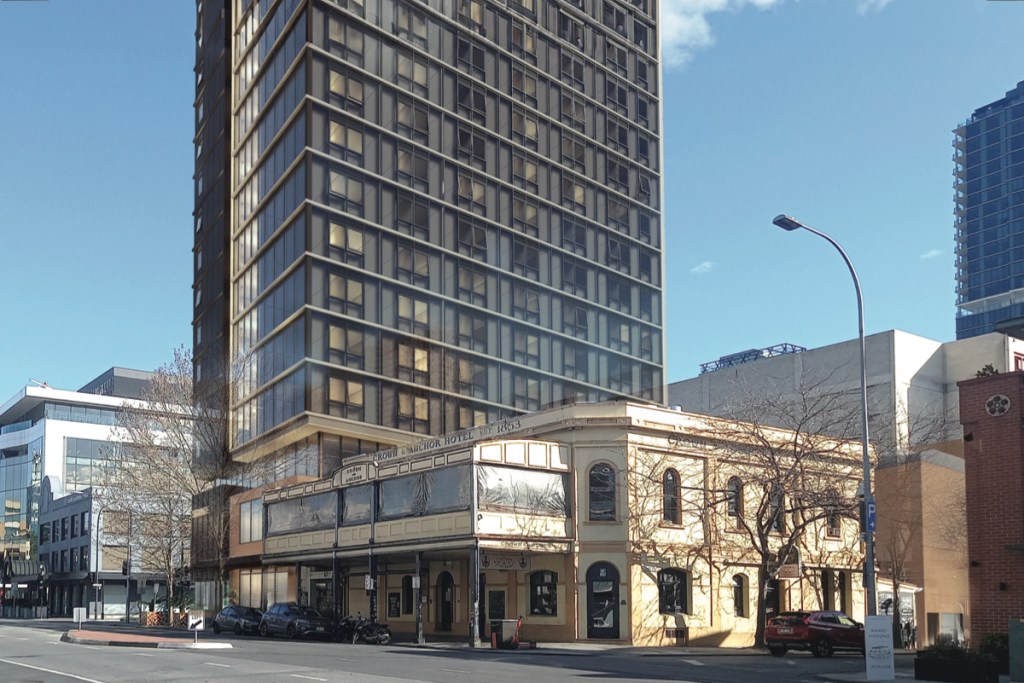Townsville company fears jobs at risk as bitter battle for world’s largest zinc refiner unfolds in South Korea

- by Admin
- October 8, 2024
Hundreds of zinc refinery and renewable energy workers in North Queensland are waiting anxiously to see how a bitter billion-dollar corporate feud, thousands of kilometres away in Seoul, will affect their future.
The battle between two founding families of Korea Zinc is being felt in Townsville, where its Australian subsidiaries Sun Metals and Ark Energy, have a solar farm and zinc refinery, and a green hydrogen project.
South Korean zinc producer Young Poong, backed by private equity firm MBK, last month launched a $1.5-billion tender offer to increase its shares in Korea Zinc, prompting fears about its direction.
Young Poong this week rejected claims from Sun Metals that jobs at the Townsville refinery could be at risk, and said it would continue investing in the subsidiaries’ renewable energy projects.
Fears of fallout from takeover
Sun Metals chief financial officer Michael Choi raised the alarm, warning that Young Poong and MBK’s bid might risk Australian projects.
“We are concerned because this takeover bid is being led by a private equity firm,” he said.
“Their interest is short-term profit, but both our zinc smelting business and renewable energy businesses, we need long-term investment,” he said.
Mr Choi said Ark Energy’s green hydrogen project in North Queensland was targeted to start producing by 2030, while there were also longer-term wind, solar and hydrogen projects down the east coast of Australia.
Sun Metals’ solar farm powers about 25 per cent of its zinc refinery. (ABC North Qld: Georgia Loney)
Its solar farm, next to to the Townsville zinc refinery, was already helping in the shift towards renewable energy, he said.
“There’s no way they will be spending tens of millions of dollars for these long-term projects.”
Michael Choi has been raising his concerns about the takeover bid with Queensland senator Nita Green. (Supplied: Facebook)
Mr Choi has been lobbying hard to make Australian politicians aware of the potential impact of any takeover, including Queensland senator Nita Green, who expressed her concerns.
But apart from Senator Green, the federal government has so far been reluctant to comment.
The solar farm is part of Sun Metals’ shift towards “green zinc”. (ABC North Qld: Georgia Loney)
Wait and see approach
Energy analyst Tim Buckley is director of think tank Climate Energy Finance and said the battle for Korea Zinc, the world’s largest zinc refiner, was globally significant.
“To me it looks like two Korean families who have cooperated together for a long time and now there is a divergence of views and one of the Korean families has brought in one of the most successful Korean private equity firms, MBK, to come in and buy control,” he said
Sun Metals is promoting its shift towards renewable energy. (ABC North Qld: Georgia Loney)
But Mr Buckley said it was simply too soon to predict ramifications on the move towards “green” zinc in Australia and Ark Energy’s renewable energy projects
“There is a fear that the company could go through a major strategic pivot, but to some degree we’re incidental to the central game plan in Korea,” he said.
“There is definitely an implication for Australia in that Korea Zinc’s Australian business Sun Metals has been a major investor in renewable energy and green hydrogen.
“But is this something that the Australian government should be centrally focused on? I think that’s a long stretch.”
Claims refuted
Young Poong this week hit back at the claims made by its rivals and moved to reassure business leaders in Australia.
“We confirm that our strategy on renewable energy will remain unchanged,” a Young Poong spokesman said.
“Korea Zinc’s strategy for renewable energy is an important part of increasing Korea Zinc’s corporate value,” he said.
The spokesman also moved to reassure workers at the Sun Metals’ refinery and said there would be no change in employment.
“We have assured several times that employment at Korea Zinc and its affiliates will be maintained and that this will not change,” he said.
Both Korea Zinc’s and Young Poong’s tender offer for shares are set to expire later this month.
The Latest News
-
December 21, 2024‘Dream come true’: Emotional Test bolter on shock call-up and classy act from man he replaced
-
December 21, 2024‘Got this wrong’: Former skipper criticises selectors’ call
-
December 21, 2024The Kings horse Gilded Water wins at Randwick races
-
December 21, 2024Nick Kyrgios has chance to become first player ‘to do it all’, says tennis great in big statement about Aussie
-
December 21, 2024Australia retains Rose Bowl after rain-affected victory


